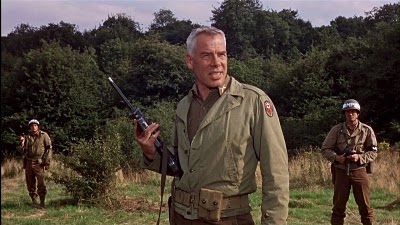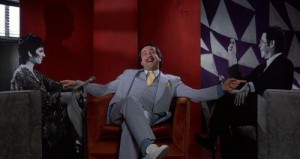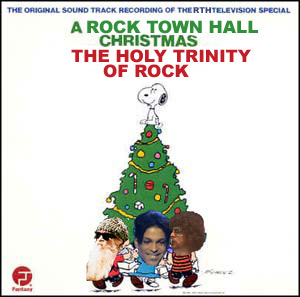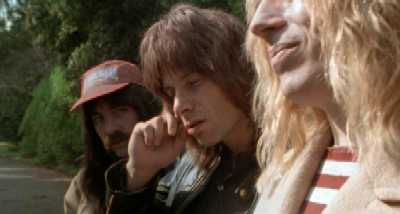Ravi Shankar seemed like a great…man. Now he is dead at 92.
Clearly, he was rock’s greatest sitar player. Would the Western world know a sitar from a summer squash if not for Shankar’s weird entry into the world of rock ‘n roll? Shankar turned the Beatles, the Stones, the Byrds, and even Eric Burdon onto the sitar. It might be argued that his influence on George Harrison had as much to do with the Beatles’ break-up than Yoko’s influence on John. The sitar became groovy, man. Far out. For Western hippies drugs were a gateway to the instrument’s resonant charms. Ravi wasn’t thrilled with the notion of kids dropping acid to his music. He was playing serious shit: classical music in his culture.
I understand little about the sitar and even less about India’s classical music tradition, its notation and tempos. As I do with Ornette Coleman‘s harmelodics I only retain scraps of useless information and hearsay, something about measures being fluid in the Indian classical music tradition. Coleman’s music also sounds far out on drugs.
“On one hand,” he said in a 1985 interview, “I was lucky to have been there at a time when society was changing. And although much of the hippie movement seemed superficial, there was also a lot of sincerity in it, and a tremendous amount of energy. What disturbed me, though, was the use of drugs and the mixing of drugs with our music. And I was hurt by the idea that our classical music was treated as a fad — something that is very common in Western countries.
“People would come to my concerts stoned, and they would sit in the audience drinking Coke and making out with their girlfriends. I found it very humiliating, and there were many times I picked up my sitar and walked away.
“I tried to make the young people sit properly and listen. I assured them that if they wanted to be high, I could make them feel high through the music, without drugs, if they’d only give me a chance. It was a terrible experience at the time.
“But you know, many of those young people still come to our concerts. They have matured, they are free from drugs, and they have a better attitude. And this makes me happy that I went through all that. I have come full circle.” – Ravi Shankar, quoted in The New York Times obit.
As Norah Jones stormed the Grammys about a dozen years ago, the world learned that Ravi was her father. Weird, and it did not help me understand Ravi’s music any more than my ears and nerve endings did, even when I was on drugs. I’m not making fun of Ravi Shankar, mind you, but my own ignorance—and my ability to appreciate music despite the huge gaps in my intellect. Does it matter if the music swings?
Previously.






